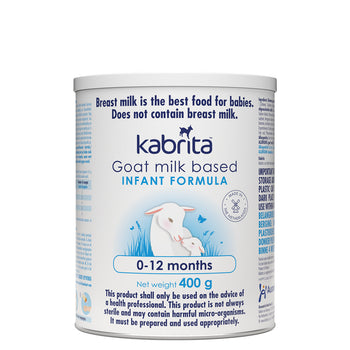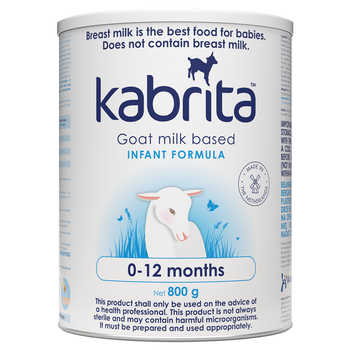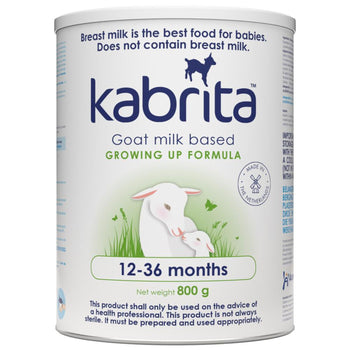Picky Eaters

Making sure your toddler eats enough is something that keeps every parent busy. It can be very frustrating if your toddler is very picky and refuses to eat certain foods. There are a number of things you can do to fix this problem. Why is my toddler a picky eater? Your toddler has been eating solid foods for a while, but it still remains a fairly new experience for her. Your toddler is still getting used to the flavors, colors and different textures of the foods she is now getting. Although young children normally become familiar with things such as sleeping habits or playtime fairly quickly, they are very unpredictable when it comes to their food. Your toddler's eating habits may vary from day to day. Foods she ate with taste yesterday can be refused today and vice versa. Toddlers are known to take time to get used to new foods and refuse certain products the first few times. This selectivity is partly due to the reduced nutritional requirement, due to their retarded growth. Another cause is that your toddler is becoming more independent and learning to make her own choices.
While a picky eater can be very frustrating, it is also a time where you can teach your child to try new foods. By serving many different healthy and tasty dishes at different times, you can help her develop a preference for natural flavors and healthy products. This will be a solid foundation that you can enjoy in the future.
Tips and tricks
These tips (courtesy of mayoclinics.org) will help you deal with your picky eater.
- Respect your child's appetite
- or lack thereof If your child isn't hungry, don't force her to eat a meal or snack. Bribing or forcing to empty the plate also does not work in most cases. Often this causes a kind of power struggle over food. Ultimately, your toddler may associate food with fear and frustration and become less sensitive to his or her hunger. Serve small portions to prevent your child from getting too much and give her the chance to ask for more on her own. -
Routine
Serve meals and snacks at about the same time every day. You can choose to have milk or juice with meals, and offer water between meals and snacks. Drinking milk or juice throughout the day may reduce appetite before meals.
-
Be patient with new foods
Young children like to touch or smell new foods. Sometimes they even put small pieces in their mouth and then take it out again. Your child may need repeated exposure to some products before she actually starts eating them. Encourage your child to talk about the taste, color, shape, smell and texture of certain products. And serve new products along with your child's favorite meal.
-
Make it fun
Serve the broccoli and other vegetables with a favorite dip or sauce. Cut food into fun shapes with, for example, a cookie cutter and ensure beautiful colors on the plate.
-
Let your child help
Ask your child to help choose your fruits, vegetables, and other healthy groceries at the grocery store. But don't buy products that you don't want your toddler to eat. Encourage your child to rinse vegetables, make batter or set the table at home.
-
Set a good example yourself
When you eat many different types of healthy products yourself, your child is more likely to follow this good example.
-
Be creative
Add chunks of broccoli or bell pepper to your spaghetti sauce, fruit to your toddler's cereal, and zucchini and carrots to stews and soups.
-
Limit distraction
Turn off the television and other electronic gadgets while eating. This way your child can draw his or her attention to the food. Also keep in mind that television commercials point your child to less nutritious products or products with a lot of sugar.
-
Don't use dessert as a reward
Many children enjoy dessert after the hot meal. The risk of this is that your toddler will develop a preference for sweet products. You could choose to have dessert one or two nights a week and healthy alternatives such as yogurt or a piece of fruit the rest of the week.
-
Don't become a cook who makes meals to order
Preparing a separate meal for your toddler if he or she doesn't want to eat the first dish can promote picky eating. Encourage your child to sit neatly at the table, even if she no longer eats herself. Keep in mind that this will ultimately benefit your toddler for the future.
If you're concerned that your fussy toddler isn't getting enough, talk to your doctor. He or she can measure your child's growth and compare it with peers. In addition, it is wise to keep a record of what your child eats for at least three days. Sometimes this can help ease your worries. Keeping a log can also help a doctor diagnose the problems. In the meantime, remember that your child's eating habits probably won't change at night, but every step you take during the day can contribute to a lifetime of healthy eating.



